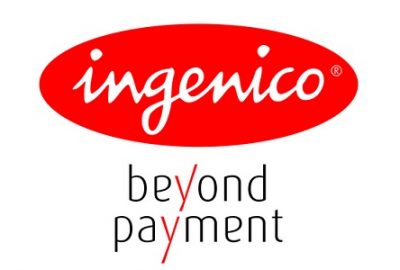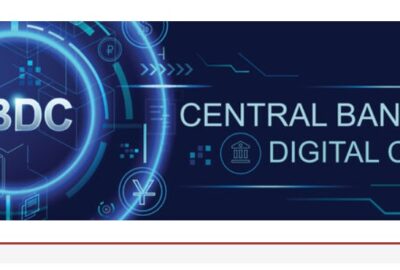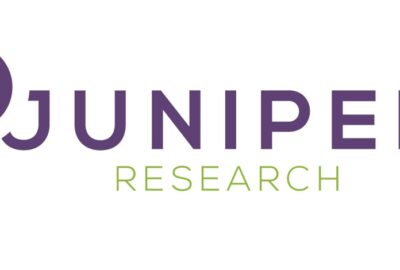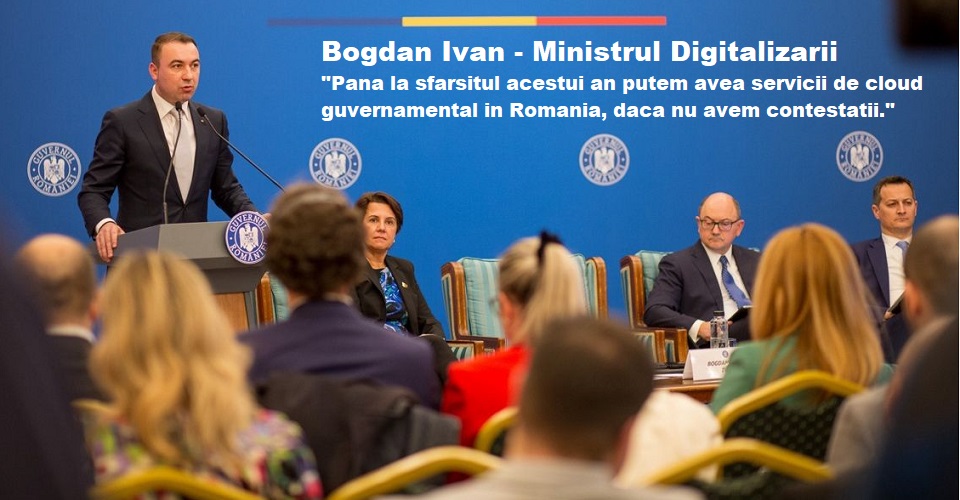45 leading banks sign up to SWIFT’s global payments innovation initiative

Major banks around the world take action to dramatically improve the customer experience in cross-border payments.
SWIFT announces that 45 leading banks have signed up to its global payments innovation initiative, announced at the end of December 2015. The 45 participating firms include major transaction banks from Europe, Asia Pacific, Africa and the Americas. More banks are expected to join this initiative in the coming months.
Christian Sarafidis, Chief Marketing Officer at SWIFT, said: “Such strong participation from major banks all around the world is proof of the importance of this global payments innovation initiative and of their commitment to offering greater speed, transparency and predictability in cross-border payments.”
The vision of the global payments innovation initiative is to enhance cross-border transactions by leveraging SWIFT’s proven messaging platform and global reach. Together with the industry, SWIFT has created a new service level agreement (SLA) rulebook, providing an opportunity for smart collaboration between banks.
„In its first phase, the new service will focus on business-to-business payments. Designed to help corporates grow their international business, improve supplier relationships, and achieve greater treasury efficiencies; the initiative will enable corporates to receive an enhanced payments service directly from their banks, with the following key features: same day use of funds, transparency and predictability of fees, end-to-end payments tracking, transfer of rich payment information.”, according to the press release.
Wim Raymaekers, Head of Correspondent Banking at SWIFT, said: “Designed for the corporate treasurer, this initiative will enable banks to dramatically improve their customers’ cross-border payments experience. Leveraging SWIFT’s global community and the innovative application of its proven technology, the new service should find rapid adoption and make a hugely positive impact on the global payments landscape.”
The pilot of the new initiative will start from early 2016. Following the corporate cross-border payments pilot programme, SWIFT aims to incorporate additional innovations and deploy new technologies to its global payments innovation initiative. SWIFT will work together with the industry to define additional service level agreements that will cater for other client groups, further reducing the costs and frictions arising from compliance, liquidity and processing efficiency considerations involved in cross-border payments.
On December 10th, last month, SWIFT announces a global payments innovation initiative that will „dramatically improve the customer experience in correspondent banking by increasing the speed, transparency and predictability of cross-border payments.”
Wim Raymaekers, Head of Banking Markets, SWIFT, adds: „This initiative is an important first step in driving cross-border payments innovation. As part of the initiative we will continue to develop new and enhanced services, utilising SWIFT’s Innotribe initiative to further engage the FinTech community and explore the application of innovations such as real time payment status tracking, the use of peer-to-peer messaging and blockchain technology.”
Anders Olofsson – former Head of Payments Finastra
Banking 4.0 – „how was the experience for you”
„So many people are coming here to Bucharest, people that I see and interact on linkedin and now I get the change to meet them in person. It was like being to the Football World Cup but this was the World Cup on linkedin in payments and open banking.”
Many more interesting quotes in the video below:










